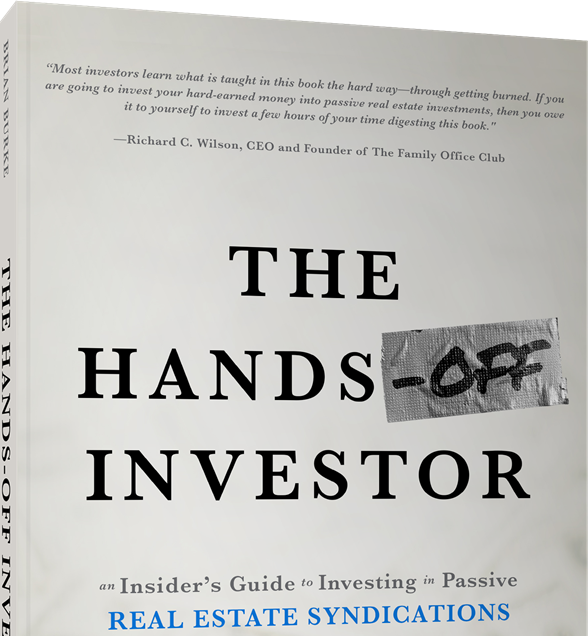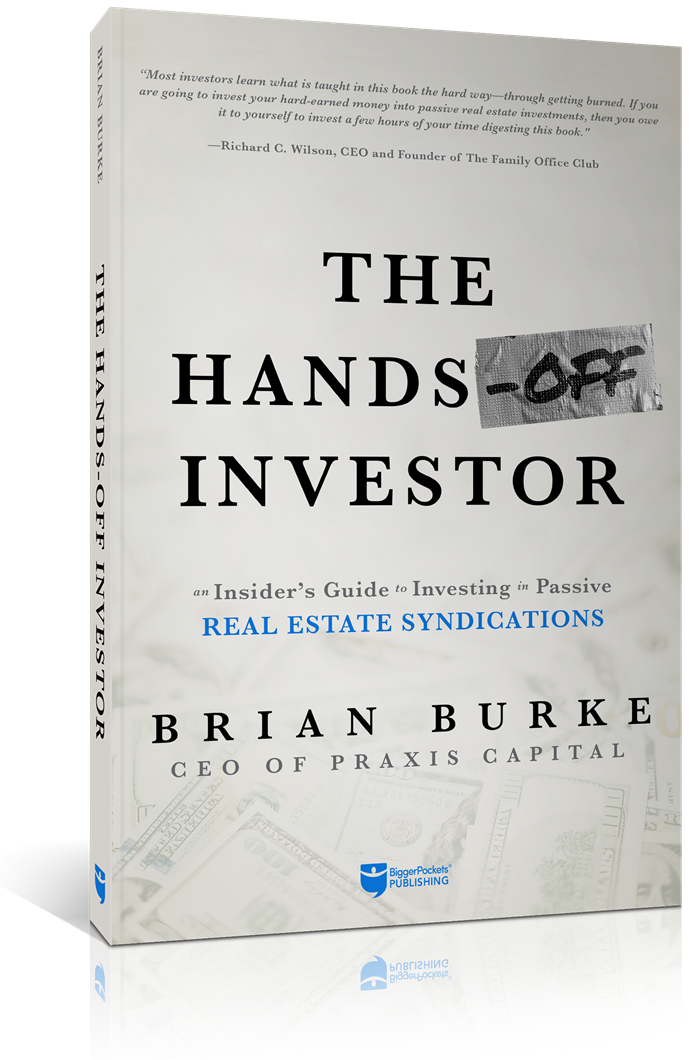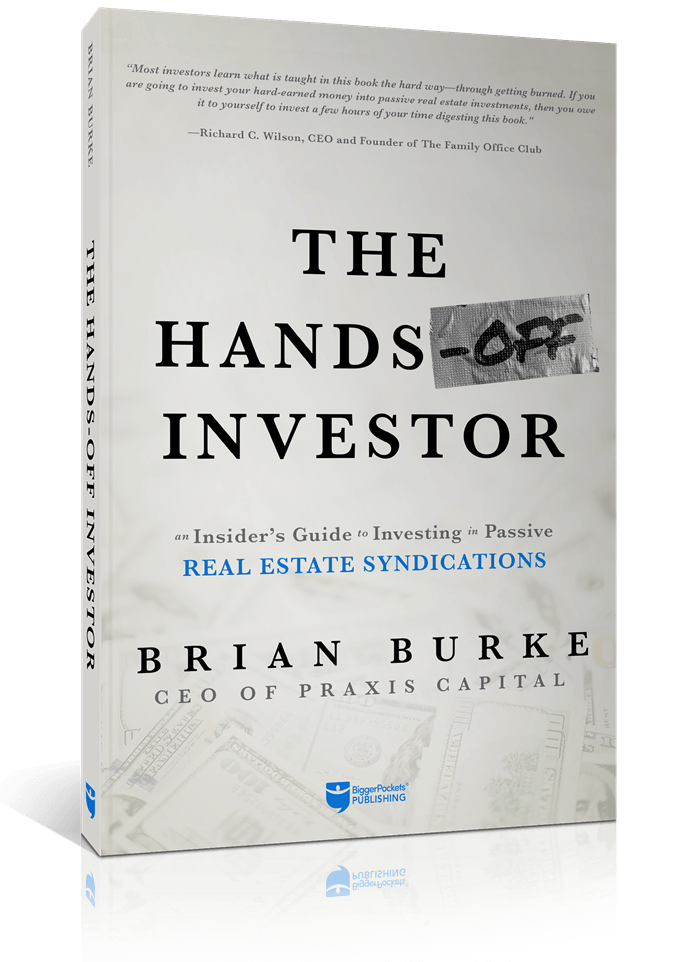Benefits of Investing in Real Estate vs. The Stock Market

The hardest thing about investing is that it forces us to acknowledge our human limitations.
Being merely mortal, we can’t predict the future. Most of us can barely predict the present. So what’s an investor to do?
You could be judicious to a fault and put your investment dollars exclusively into Treasury Securities (Today’s rate for 10 year Treasuries is under 1.6%). You wouldn’t lose a penny of principal if held the full 10 years to maturity, but you’d also be guaranteeing yourself no shot at generating potentially above average returns.
Further, as the Fed continues its ‘Financial Engineering’ to try to lift the US economy at or slightly above 2% inflation, the purchasing power of the purported ‘risk-free’ investment begins to diminish.
Or you could draw on speculation and hope, the equivalent of dumping your chips in front of the croupier and throwing everything on 29 black. The number of people who have built lasting wealth via this strategy is not zero, but it’s not much larger than the number of people who got rich by being unduly conservative.
Something For Everyone’s Risk Tolerance

The market for intangible securities – stocks, bonds, and their cousins and descendants – offers a wide range of risks and returns, perhaps too great a range for the sensible investor who has neither the time nor the desire to be overwhelmed by choice. And of course, there’s always the risk of imminent and total collapse. Just ask the people who bought into Enron or Lehman Brothers, back when those entities were not merely alive but heralded, “worth” billions of dollars but in point of fact hemorrhaging money.
Then there’s venerable, superannuated real estate. As a category, it’s probably the oldest investment in the world after livestock. There’s been a market for real property ever since we humans started getting numerous enough to begin valuing privacy, and thus needed to commoditize the finite amount of ground under our feet.
Which means that real estate, in some if not most of its forms, is potentially more stable than even the most reputable stock. Assuming wages continue to grow over the long term, a new, newly financed house will almost certainly appreciate between now and the end of a 30-year mortgage term. Would you be willing to make the same wager regarding shares of Facebook? Take a look at the long-term history of Wall Street giants before answering. Of the 500 biggest corporations in America in 1957, no fewer than 426 of them were off the list by the late ‘90s.
The stock market is at an all-time zenith right now. The Dow Jones Industrial Average stands at over 18,500 as of this writing, which is nearly triple its early 2009 level.
Well, sure, but prices (and wages) generally rise. The Dow should always be at an all-time zenith, or close to it.
A Difficult Truth
Yes, but we were factoring inflation into it. Even adjusting for the purchasing power of a dollar over time, the stock market has never been so overheated. Perhaps prices will double or triple again, and not resettle until long after the last person who reads this is dead. Or perhaps not. A correction, much like the fabled 9.0 California earthquake, is coming at some point. Would you rather cash out before it happens, or after?
(Paradox alert: People moan and complain when their cable packages or medical prescription drugs become more expensive. But at least those are perishable goods with no resale value. When those same people’s stock portfolios become pricier, the reaction is muted or even positive, with the hope that the prices will continue to rise. Even when there’s no reasonable justification for them to do so. When a transferable commodity rises sharply in price, that’s what some of us call a signal. Especially when there’s no certainty that the upward swing will continue, and when all the pressure is on the price to revert to the traditional norm.) We’re not blatantly telling you to cash out of your stocks and purchase real estate. We’re just telling you to avail yourself of the indicators.
Fairness and Balance

It’d be biased and incomplete to show investors the superlatively high prices of stocks without offering a meaningful comparison with real estate. The S&P/Case-Shiller U.S. National Home Price Index is the real estate analogue to the Dow: not a perfectly comprehensive measure of the market at large, but a fair and sufficiently representative sample for our purposes. And the Case-Shiller Index is well off its 2008 peak. In fact, it’s down by more than 10%, again adjusted for inflation.
(Still, homes are more expensive than they were at any point in the 20th century. Albeit with good reason; they also have far more features and conveniences. Air-conditioning units, multi-car garages, and walk-in closets are more widespread now than they were in the 1950s, when having a place to put a clothesline and a black-and-white TV signified luxury.)
The Bottom Line
One important and overlooked truth about investing is that you have to invest somewhere. Even if you do nothing and have your paychecks directly deposited into your savings account, that’s still investing. It’s investing with a negligible return, but it’s investing. Merely sitting on your hands and eschewing real estate (or for that matter, eschewing stocks) is not an investment strategy. Restricting oneself to either the stock market or real estate, it’s a choice between the investment vehicles that are priced higher than ever and the vehicles that are priced at below their all-time highs.
Regardless, sitting on the sidelines and waiting for inertia to take over is impossible. A dollar not invested here is a dollar that could have been invested there. And there’s still going to be some effect on you. Ideally, you’d like that effect to be positive. Relative to stock market valuation, much of the real estate market is having a sale. You just need to know where to look for them, and whom to contact to find them.



























